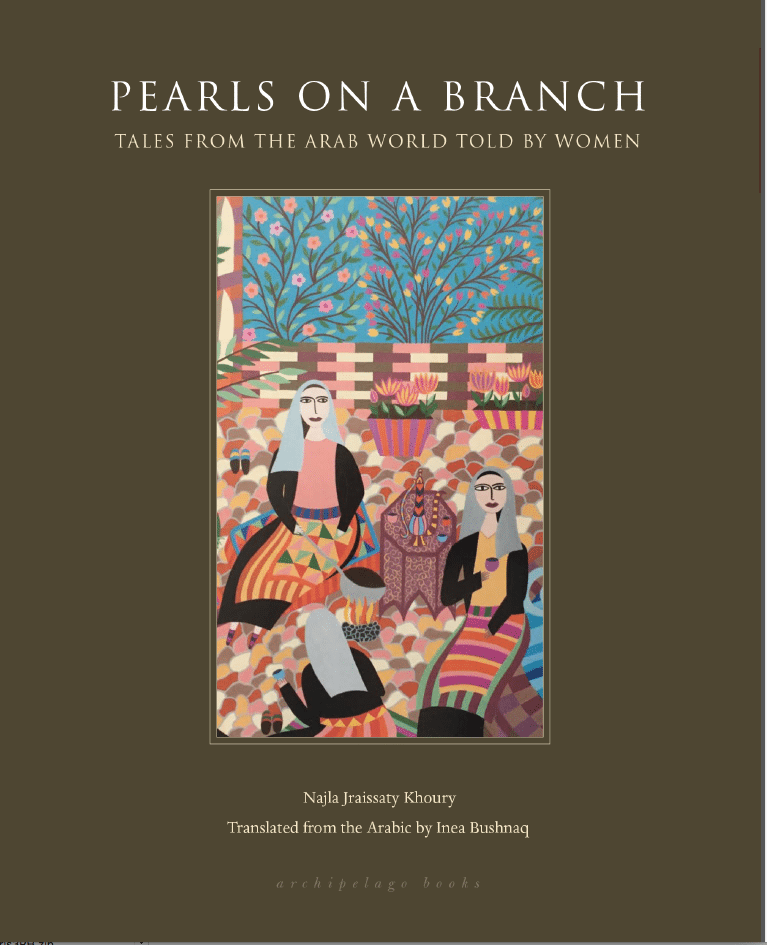Incest by Christine Angot, translated from French by Tess Lewis, is a finalist for the 2018 Albertine Prize! Voting is open until May 1st.
To cast your vote for Incest, use the link below:
http://www.albertine.com/albertine-prize-2018/
Incest by Christine Angot, translated from French by Tess Lewis, is a finalist for the 2018 Albertine Prize! Voting is open until May 1st.
To cast your vote for Incest, use the link below:
http://www.albertine.com/albertine-prize-2018/
Abdellatif Laâbi’s poem ‘To My Son Yacine’, from the collection In Praise of Defeat published by Archipelago in 2016, was featured in the latest issue of Soundings. You can read the poem by clicking here.

Khoury originally published these 30 tales in Arabic in 2014, having collected them as she traveled through Lebanon with a puppet troupe during the country’s civil war from 1975 to 1990.The storytellers shared tales from their oral tradition with Khoury. Instead of a Western fairy tale’s promise of “Once upon a time,” these Arab tales begin with the charming, more realistic equivocation, “There was or there was not.” Yet Western readers will recognize the wicked stepmothers, princes in love with poor girls, plucky unloved children, sorcerers and talking animals. Rapunzel-like heroines grow up locked away from the world in stories like “The Girl Who Had No Name” and “Thuraya with the Long, Long Hair.” A huntsman substitutes animal blood for the blood of the Snow White-like damsel he’s hired to kill in both “Lady Tanageesh and the Eggs of the Tawawees” and “O Palace Beautiful! O Fancy Friend!” whose heroine sets up household with Ali Baba’s 40 thieves (instead of seven dwarfs) until an old woman shows up with a deadly apple. There’s an Aesop ring to animal fables like “Abu Ali the Fox,” about a fox taking birds under his protection until he gets hungry. However, the attention paid to bodily functions may startle Western readers. “A Cow Called Joukha” centers on farting, while a sweet romance centers on “The Singing Turd.” According to Khoury, in the oral tradition, “certain stories told by women were for women only.” Both proto-feminist innuendo—crafty women outwitting men—and sexual double-entendres abound. So “Jubayne the Fair” agrees to let an old man suck her finger whenever he wants until she wises up and runs away. And in the complex title story, a king rejects his only daughter because he mistakenly thinks she’s tried to trick him into bringing her a husband when he travels to Mecca; she seeks revenge on the young man who caused this disgrace through overt sexual trickery and bed-swapping. A funny, bawdy, occasionally gruesome, and decidedly adult collection that celebrates small cultural variations amid large universal values.